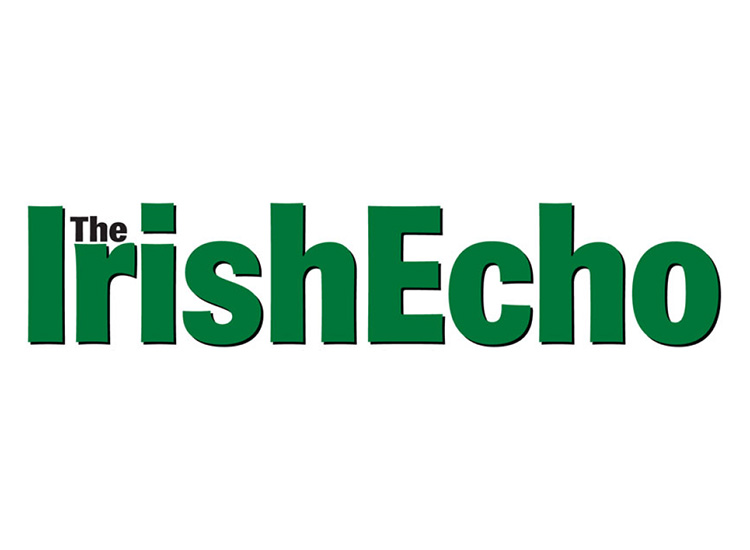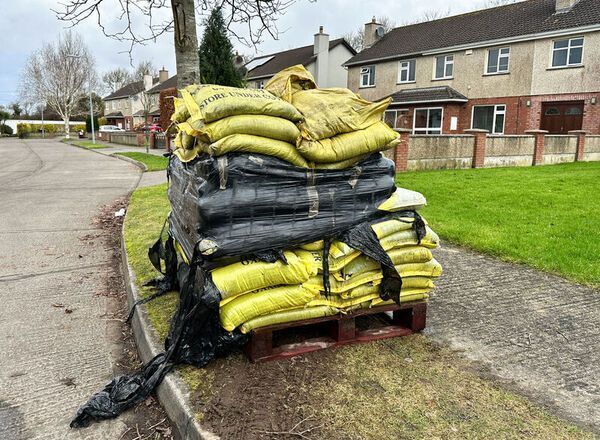With the Republican primaries in full swing we hardly need reminding that this is a general and presidential election year.
As has been the case in the past, Irish Americans will be looking anew at various issues that are linked in one way or another to the situation in Ireland, most especially the North, and have to do with the overall relationship between the United States and Ireland, both the Republic and Northern Ireland.
The issues today are not as sharply defined as they were back in the 1980s and early 1990s when the Troubles were yet wreaking havoc and Washington was looking at them through what was a most narrow prism.
No need to go into the history of those still recent times here. Suffice it to say, the U.S. involvement in the quest for a lasting and just peace expanded dramatically during the Clinton presidency and has been maintained, more or less, by Clinton's successors at the White House.
Still, it is an important and for sure a valid exercise that in a presidential election year in particular we take a step back in order to assess the current degree of U.S. interest and involvement, see how it has in any way changed, and consider ways of improving and enhancing Washington's role in what is yet a fragile accommodation between the communities in the Six Counties.
Going back to the early 1980s, the views of presidential contenders were teased out by way of an Irish American presidential forum, the first of which took place in 1984 and was attended by that year's Democratic nominee and former vice president, Walter Mondale. The forum was organized that year, and in subsequent presidential election years, by then New York State assemblyman, John Dearie.
Prior even to the forum events, candidates for the White House were being asked to express and explain their views on Northern Ireland. This was notably the case when Jimmy Carter was running for the presidency and, as a candidate, responded to questions from the Irish National Caucus.
Over the years, the forum events attracted big political names, most notably Bill Clinton and Al Gore. Crucially, though, the attendees were all Democrats.
This single party pattern was broken, thankfully, by John McCain in 2008.
Another aspect to the forum gathering is that they have generally attracted challengers rather than incumbents, though in 1996 President Clinton was represented at that year's event by Vice President Gore.
It remains to be seen if there will be a forum this election year. It's early days and
of course the identity of the Republican challenger to President Barack Obama is not yet known.
Once known, however, it would be a most welcome development if there was indeed a forum, one in which the GOP candidate could outline positions on Ireland and either the president, or Vice President Joe Biden, would do the same.
Given the parlous state of the domestic economy it is reasonable to assume that economic issues are going to dominate the presidential contest in the coming months, but it is in the realm of economics that questions surrounding U.S. relations with the island of Ireland now principally revolve.
The health of Northern Ireland's economy is a vital underpinning for the peace process. There was, until a few months ago, a U.S. economic envoy to the North. Envoy Declan Kelly has since moved on. He has not been replaced. This begs one question.
The economy of the Republic depends heavily on investment by U.S. corporations. American companies are attracted to the South by several factors, not least the Republic's low corporate tax rate. Washington is on record as being uncomfortable with the 12.5 percent rate. This begs another question.
Yet another question, though perhaps it might be answered before too many months have passed, concerns legal access to the U.S. for the Irish. Lately, the issue of Irish migration had been separated from the larger one of comprehensive immigration reform by the emergence of a possible E-3 visa agreement but above and beyond this there is the continuing plight of the undocumented Irish and the long term issue of future legal flow.
So there are issues and questions, thankfully not so much of the kind that dominated during the darker years of the Troubles, but they require attention nevertheless.
And no better year to pay attention to them than one in which both Congress and the White House have to pay the greatest level of attention to Irish American voters.








